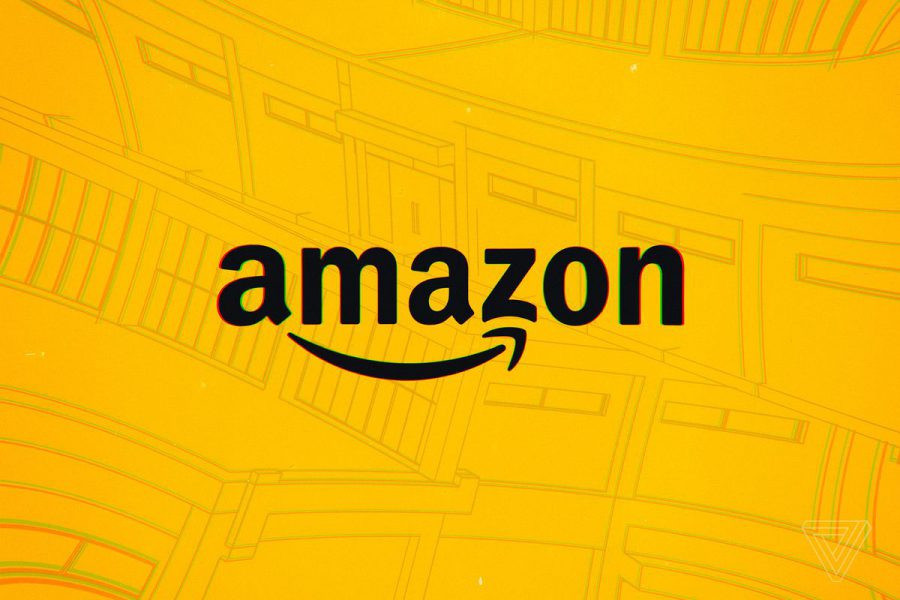Amazon is bringing a cash-based checkout option to the US
Amazon is making it easier for customers to pay with cash for their online purchases. The retailer announced the U.S. arrival of Amazon PayCode, a new checkout option that will allow online shoppers to pay for Amazon.com purchases at one of 15,000 Western Union locations. Separately from this, Amazon said that its Amazon Cash service, which lets you load cash into an Amazon account, is now offered at more than 100,000 cash-loading locations across the U.S.
Prior to today, PayCode was available in 19 countries around the world, including emerging markets where paying with cash is more common and bank account penetration is lower than in the U.S. or Europe.
The service itself launched earlier this year in partnership with Western Union, and was initially available in 10 markets: Chile, Colombia, Hong Kong, Indonesia, Kenya, Malaysia, Peru, Philippines, Taiwan and Thailand. It has since expanded to Barbados, Costa Rica, Federated States of Micronesia, Kazakhstan, Marshall Islands, Mauritius, Palau, Kenya, Tanzania and Uruguay.
Instead of using a bank card to pay for online purchases, shoppers can instead choose the PayCode option at checkout on Amazon.com. They then receive a QR code they take to a Western Union to pay for the items they want to buy.
At launch, Amazon said PayCode customers had 48 hours to make that payment. With its U.S. launch, that time frame narrows to 24 hours. This change is due to shorter delivery windows for U.S. customers versus cross-border customers, Amazon says, and the impact to the company’s delivery promises.
While the U.S. is a more developed market and less in need of supporting cash-based payments, cash still has a big foothold here. Amazon, citing data from the Federal Reserve Bank of San Francisco, noted that 39% of in-person payments continue to be made using cash, for example.
In the past, Amazon has addressed the un-banked (or under-banked) U.S. consumer through the Amazon Cash service. This lets shoppers load up funds on their Amazon account at places like CVS, Rite Aid, GameStop and 7-Eleven, as well as, now, Western Union.
PayCode may be a more convenient option, as it allows you to shop first, then pay — not vice versa. Plus, Amazon notes that 80% of Americans live within five miles of a participating Western Union.
“We’re constantly innovating to improve the shopping experience on behalf of our customers, and are proud to expand Amazon Paycode to customers in the U.S.,” said Ben Volk, director, Payments at Amazon, in a statement. “Customers have told us they love the convenience of paying in cash. Together with Western Union, we’re able to offer customers more shopping choices, enabling them to pay for their online purchases in a way that is convenient for them,” he added.
Cash payments are only one way Amazon is reaching a different class of online shopper.
It also in 2017 launched a low-cost version of its membership program Prime for customers on government assistance, and this year joined a USDA pilot program that lets SNAP (food stamp) recipients shop for groceries online.
The general thinking is that online shopping is no longer a luxury — it’s a system that can even benefit budget shoppers. People who have access to shop online may be able to find better deals than available at brick-and-mortar stores. In the case of Amazon Cash or now, Amazon PayCode, they may be able to eliminate multiple trips to different retailers to instead place a single Amazon.com order — saving themselves both time and gas money.
“As one of the world’s largest digital and physical money movers, we’re innovating our service to give customers more access and choice,” said Khalid Fellahi, president, Consumer Money Transfer for Western Union, in a statement. “We’re embracing the complexity of a world where cash and digital payments are likely to coexist far into the future. We are providing easy solutions for customers who want access to the convenience of online shopping but prefer to pay in-person.”
Amazon PayCode will roll out to U.S. shoppers over the next few weeks.
Source: techcrunch.com




